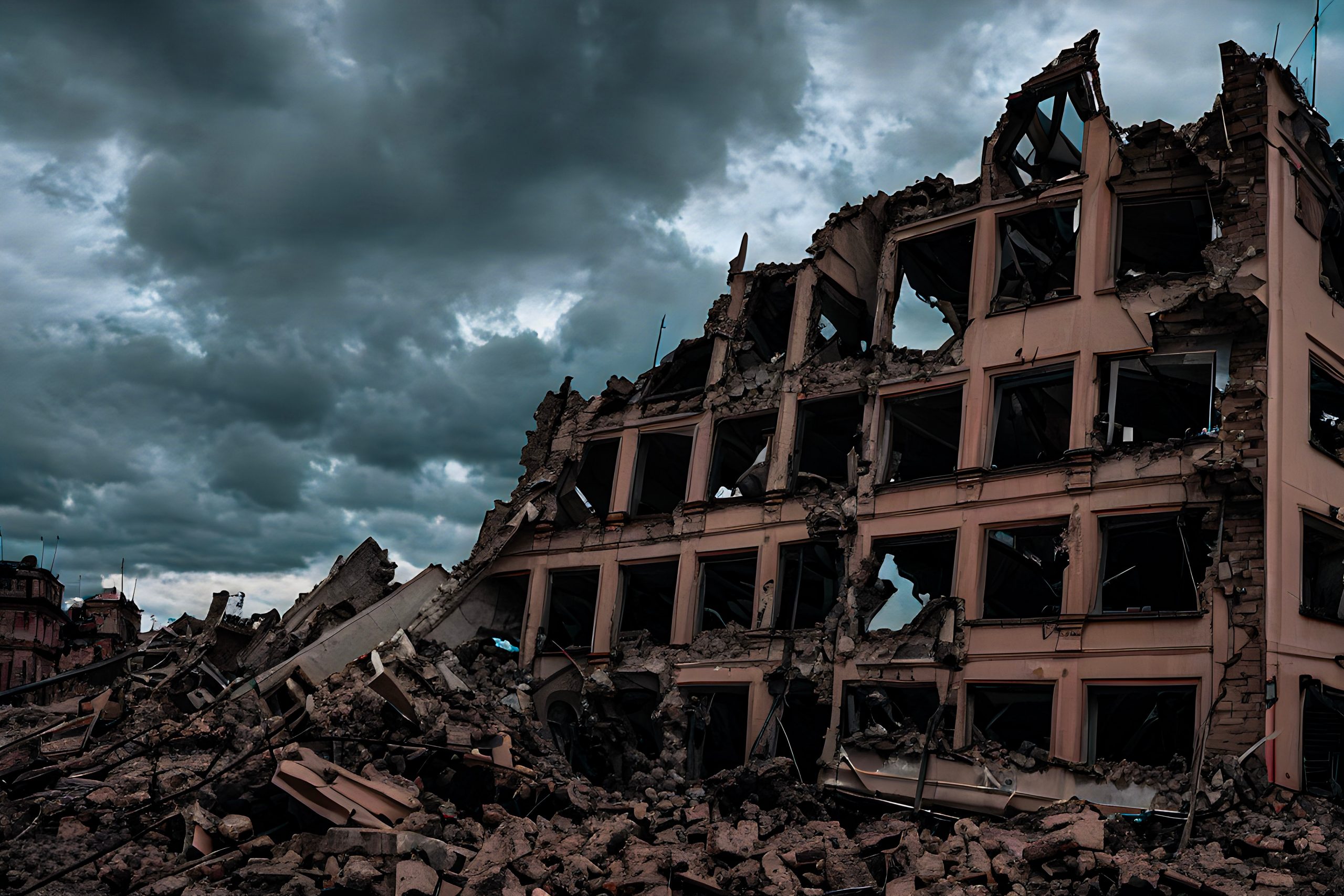Ukraine will need huge international support in its recovery following the Russian invasion. Responsible business conduct must be central to the reconstruction effort.
Last week, the Ukraine Recovery Conference was held in London. Initially set up as a high-level international event for benchmarking progress on the reforms agenda, today it also represents the central forum for the international community to support Ukraine in its recovery and reconstruction efforts in the face of the immense damage inflicted upon the country as a result of the Russian invasion. But, at the moment, this recovery agenda does not include any expectations for responsible business conduct.
I took the opportunity of the Conference to sit down with Anita Ramasastry, a Professor of Law at the University of Washington and a former member of the UN Working Group on Business and Human Rights to o ask about the role of business actors in the reconstruction of Ukraine. The podcast and transcript are available in full but here are some highlights.
A Responsible Recovery Agenda for Ukraine
Ramasastry emphasized that Ukraine’s future reconstruction will mean that there will be a lot of resources changing hands. Many Ukrainian companies, and plenty of international companies, will have opportunities to win big contracts. And in the reconstruction phase, it will be very important for the Ukrainian people to have the economy functioning well again and to have new construction.
But, she cautioned, when such events happen, corners are often cut in rush to recovery. In this situation, therefore, the first important thing to ensure is strong rule of law. Reconstruction needs to take place within a context of effective regulation and enforcement to ensure that resources are not wasted and the country gets the kind of infrastructure and facilities it needs. The second key element is to establish strong safeguards to prevent corruption. The need for robust anti-corruption protocols are universal. But, given the amount of money that is being spent, and the rapidity of expenditure, the opportunities and the incentives for corruption are much higher during recovery.
Third, Ramasastry warns that perhaps the topic that gets most overlooked but which is critical for strong recovery, is the impact of business on human rights, and more broadly of responsible business conduct. The companies that will get the benefit of these contracts, whether local Ukrainian companies or big international ones, will be getting a tremendous opportunity. But, we need to ensure that those opportunities go to companies that respect human rights and have positive impacts on the environment rather than those with a history of violations and irresponsibility.
So, Ramasastry stresses, a conversation needs to begin with the companies in line to get lucrative reconstruction contracts to say, what are you going to do about issues of human rights and responsible business conduct? “Companies that are taking a pledge to support reconstruction in Ukraine … shouldn’t just get a congratulations for being companies that support recovery, but should support responsible recovery,” she proposes.
The problem of companies with connections to oligarchs
There is a particular dilemma in Ukraine about companies that have past connections to Ukrainian oligarchs. Such companies are now operating in the Ukrainian market without recognizing that they had negative impact on the political system in Ukraine, on human rights, or on the rule of law. Some even claim to be something of responsible business conduct champions. On the one hand, then, these companies are trying to do the right thing. On the other, they don’t acknowledge their negative past. Should Ukrainian society believe them and just support them in their positive efforts, or should public opinion put pressure on these companies to recognize that they had this negative impact on the political system of Ukraine?
Ramasastry’s response to this complicated question is that moments of post-conflict are also transitional times, and could be considered through the lenses of transitional justice. The oligarch-based companies have historically been stronger and have been able to continue operating in times of the war, whereas smaller companies and companies that have never benefited from the same connections are struggling. So, the government and donors will need to provide incentives for smaller local companies that have been harmed by the conflict. Giving them priority because they have either been harmed before or didn’t have the advantages that an oligarch-based economic enterprise did will be one way of addressing the situation.
A second point raised by Ramasastry is the need to make sure that future contracting and economic processes are as strong and open as possible. The Ukrainian people should be given the opportunity to decide if and when they’re going to address issues about companies with oligarchic pasts and how best to move forward in a more transparent and fair way.





















